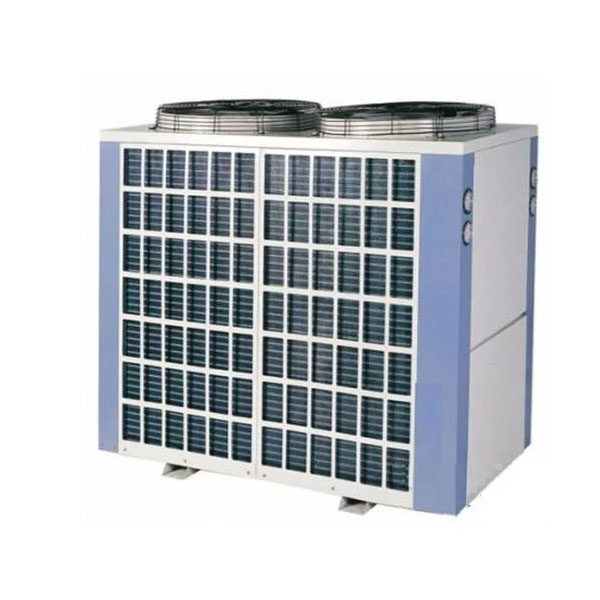Commercial Heat Pump
Commercial Heat Pump
A heat pump is a device that transfers heat energy from a source of heat to what is called a heat sink. Heat pumps move thermal energy in the opposite direction of spontaneous heat transfer, by absorbing heat from a cold space and releasing it to a warmer one. A heat pump uses a small amount of external power to accomplish the work of transferring energy from the heat source to the heat sink. The most common design of a heat pump involves four main components – a condenser, an expansion valve, an evaporator and a compressor. The heat transfer medium circulated through these components is called refrigerant.

A Commercial Heat Pump is a high-capacity heating and cooling system designed for large buildings or facilities like offices, hotels, schools, shopping centers, hospitals, or industrial sites. It operates on the same basic principle as residential heat pumps—moving heat instead of generating it—but at a much larger and more efficient scale.
Benefits
-
Energy savings: Efficient heating/cooling lowers electricity bills.
-
Low emissions: Cleaner than gas or oil boilers.
-
Dual-use: One system for both heating and cooling.
-
Zoning options: Serve different areas with different temperature needs.
-
Incentive-friendly: Often eligible for tax credits or rebates.
-
Long-term reliability: Built to handle long operating hours.
1. High Energy Efficiency
Heat pumps transfer heat rather than generate it, making them 3 to 5 times more efficient than traditional heating systems.
2. Dual Function: Heating and Cooling
A single system provides both space heating in winter and cooling in summer, reducing equipment and maintenance needs.
3. Lower Operating Costs
Although the initial investment may be higher, they offer significant long-term savings on energy bills.
4. Eco-Friendly
Reduce carbon emissions and reliance on fossil fuels, especially when powered by renewable energy sources like solar.
5. Consistent Temperature Control
Provide stable indoor temperatures and improved comfort for commercial spaces like offices, hospitals, and hotels.
6. Quiet Operation
Advanced commercial heat pumps operate silently, contributing to a more pleasant indoor environment.
7. Low Maintenance
Fewer mechanical components than conventional HVAC systems mean less wear and tear and lower maintenance needs.
8. Eligible for Incentives
Often qualify for government rebates, subsidies, or tax credits, especially in energy-efficiency upgrade projects.
9. Flexible Installation Options
Can be adapted to various building sizes and layouts, including rooftop, ducted, or split systems.
10. Long-Term Durability
Built to withstand heavy-duty commercial use, offering a lifespan of 15–20 years or more with proper care.


